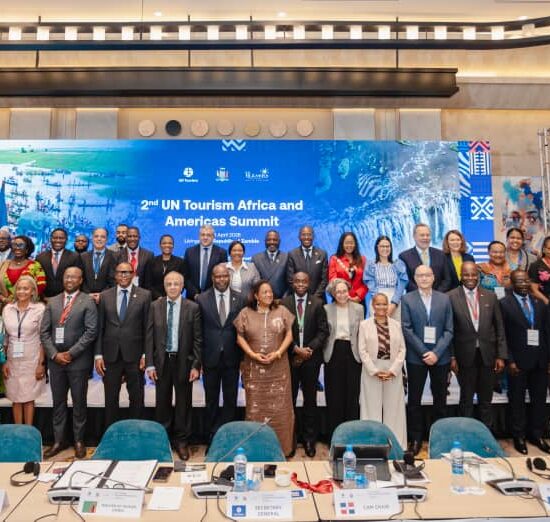In Zambia and most parts of Africa, the Small and Medium Enterprise –SME sector is synonymous with locally owned businesses. And the biggest challenge for locally owned businesses or SMEs is that they are left to compete with foreign owned entities and multinationals which have a big advantage in that they have access to cheaper sources of finance.
Despite the SMEs or mostly locally owned businesses being the backbone of the Zambian economy it terms of market size, there has been little to non serious focus to deliberately drive and support the sector. It’s undisputed that out of a labour force of about 10 million people in Zambia, The SME sector or informal sector employs more people than the formal or international companies in Zambia.
After all, the largest single employer in Zambia, which is the Government, its various agencies and state owned enterprises are a local organization, and the new dawn administration went further to even set up a dedicated ministry for SME, but the output so far, the political stamina of the appointed current Minister and its output has left many local business owners doubtful of getting notable and serious improvements in the sector.
SMEs have continued to faced huge challenges to thrive, one of these major challenges include lack of a leveled playing field as they have to compete with bigger multinational businesses and foreign entities. When you ask the technocrats at the SME Ministry, their view is that the ministry lacks a policy framework to support the growth of SMEs, and to guide the regulations to level the playing Field.
Recently, the responsible SME Minister Elias Mubanga announced that he will soon announce a policy for the ministry. He noted that the ministry did not have a policy because it is new, but that the policy has been formulated and will soon (no specific date given) be announced.
Various stakeholders have for some time now been calling for this policy for the ministry with suggestions of what should be contained in it. The Zambian Business Times – ZBT, spoke to Financial Economist Bright Chizonde who highlighted what areas the coming policy should address to help get SMEs or local business awaken.
Chizonde noted that one of the major problems is that the sector has been competing with foreign businesses which is in the end crowding out Zambian businesses due to the power of foreign companies which come with access to credit thereby making it easier to expand their businesses.
The Financial Economist said identifying different economic activities [reservation schemes] which can be exclusive for Zambians would be good for the sector. “Some businesses can be designated for Zambians only, so that the foreign companies can stay away from those ones that would be a good thing” said Chizonde.
He added that some economic activities can also be designated to be for partnership with Zambians. He suggested that perhaps a 50% Zambian ownership as minimum would help create a level playing field with foreign companies. He said there is a significant benefit with having Zambian owned businesses because of capital flight, adding that there are profits that are made internally and the money will be remaining in the economy as opposed to the current situation where most of the money is externalized.
The SME policy framework if well crafted will play a key part in acting as a starting point for small businesses across the country. Business owners can only hope that it will speak to their challenges and ease the cost of doing business by making favourable the playing field.







